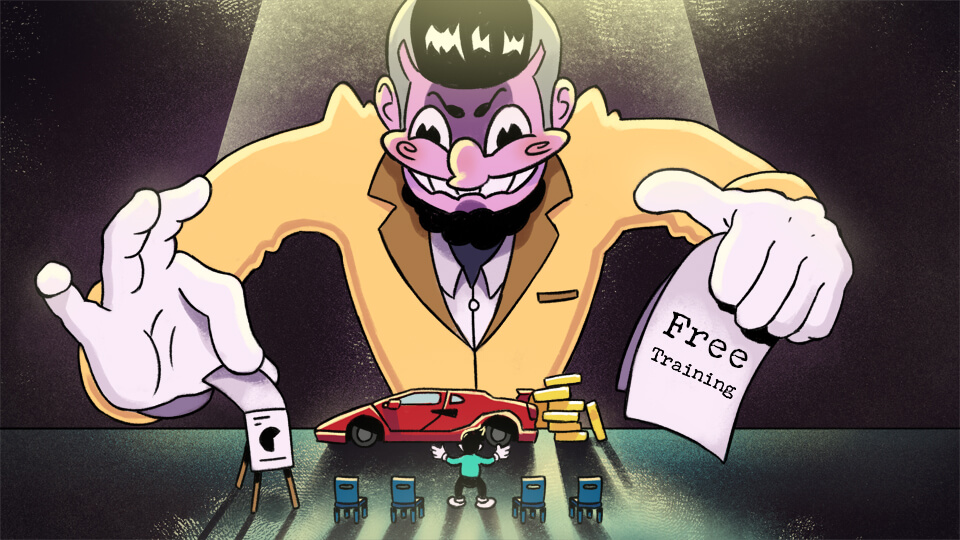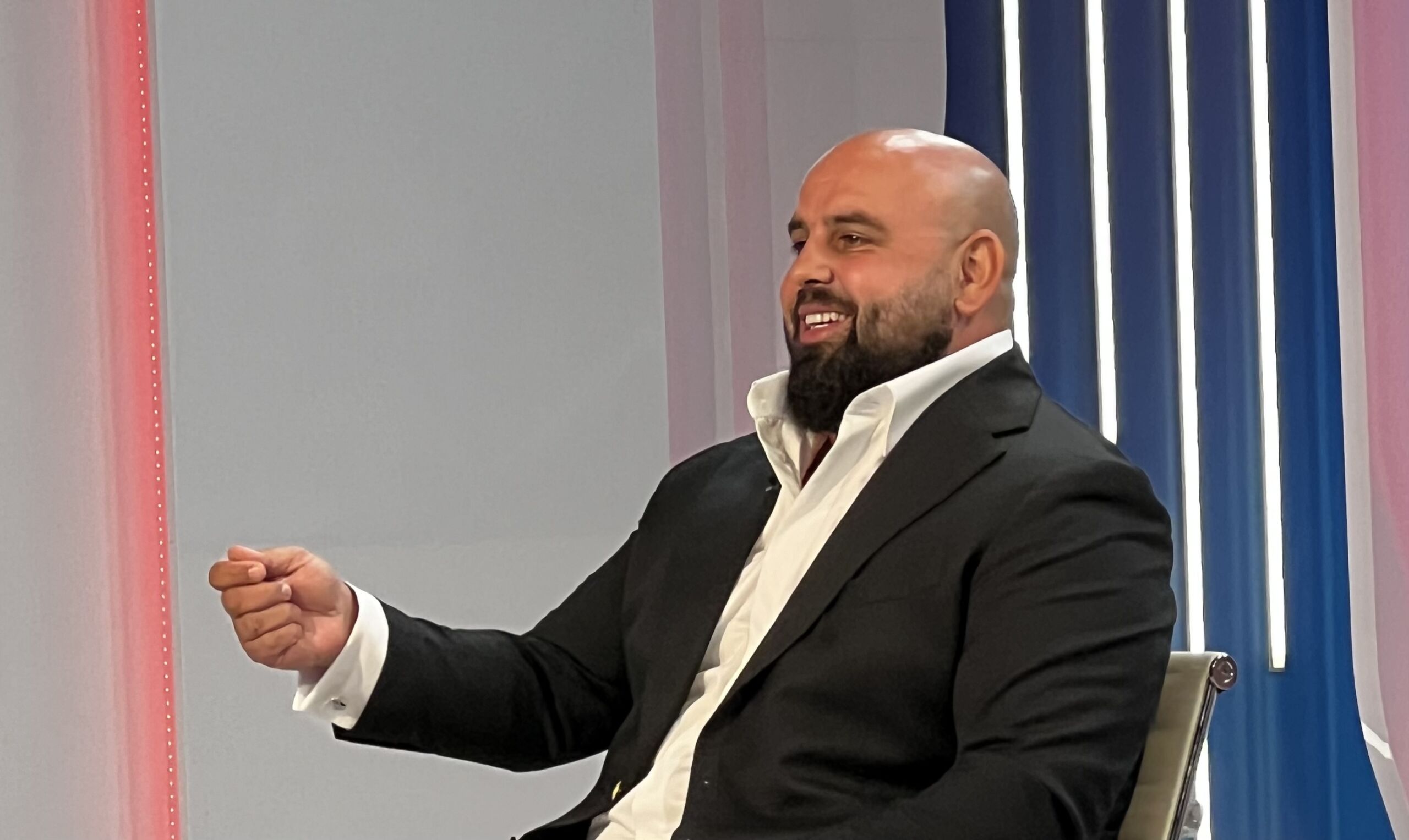Teamwork is defined as “the combined action of a group of people, especially when effective and efficient.” Looking to sports for inspiration, you’ll notice that this is a common theme amongst all the best teams and athletes. Whether it’s soccer, baseball or even auto racing, they all rely on teamwork to advance further. The main objective is to win. But without a strong team behind each individual player, they wouldn’t be able to succeed.
NASCAR driver Dale Earnhardt wouldn’t be able to compete without a crew behind him. Pit crews range from two to twenty people all working together to help their drivers finish the race. It isn’t just one person winning — it’s an entire team.
To run a successful business, you need team players on your team. Every member of the team works as a whole to help each other with their appointed duties. If one player decides to take on all the weight, leaving other colleagues without responsibilities, it reduces the company’s momentum.
Take, for example, soccer player Thierry Henry defying his coach, Pep Guardiola. Despite scoring a goal for Barcelona’s team, he had still disobeyed Guardiola’s assignment for him and was consequently pulled out of the game. By thwarting Guardiola’s game plan, Henry had disregarded the authority of his coach and confused his teammates’ conferred strategy.
Choose your team wisely.
It’s important that colleagues work well together. You don’t want someone like basketball player Lance Stephenson throwing punches at their teammates. It affects the morale of the company. You also don’t want anyone to outshine others and disacknowledge the combined efforts of everyone on the team.
When hiring new team players, make sure they have the proven experience to fill a gap in your company or the talent required to help fill that gap. In my interviews, I am not focusing on anything other than finding out if this person has a proven record in the position I am filling or if they have the talent and capacity to help my team move forward. You can never pass on talent.
I often hear comments like “this interview was one of a kind” from candidates because I don’t have a standard questionnaire. I generally focus on the ability and potential of the candidate and question them as if they were part of my team already.
Delegate responsibilities effectively.
Successful companies delegate responsibility for better efficiency. They need reliable implementers to reach their goals. Assigning the wrong tasks to the wrong people can slow a company down. You wouldn’t assign the role of a striker to the goalie when he should be blocking the goal. Nor would you assign the role of a baseball pitcher to the second baseman when that baseman isn’t skilled to be throwing 90 mph fastballs.
When I hired a dispatcher at Earth Car Wash, I noticed that the employee was showing signs of boredom and a loss of interest in the company. After closer supervision and a few chats, the employee was transferred to Luxe RV as an operation manager. Now he is not only excited to come to work, but he does an amazing job. I was wrong to hire someone of his talent as a dispatcher in the first place. If I hadn’t moved him when I did, I believe he would have quit very soon. Sometimes, simply talking to your employees is the best way to assess how you can leverage their skills and enthusiasm.
Set your playbook.
Athletes want to score that goal, but what is your goal when it comes to business? Determine the results you’d like to achieve before identifying how you’ll get there. Then, designate the right people to do the right jobs. Guardiola had the correct strategy in mind — by assigning the best roles for each of his players, he ensured that every play was efficient and flawless. It’s a lesson that can be learned by any entrepreneur starting a new venture. Figure out your game plan and trust that your team will do their part.
I always set goals and visuals with my entire team. At first, our high-level goals may sound impossible. But after I clarify the goals from all angles — sales, team and structure — we as a company determine who will play each role. Once we set up the positions, we start adding deadlines to hold each team member responsible for their duties.
If someone needs encouragement, convince them that they are capable of delivering. If someone runs behind, provide them with support. (You can replace them with someone else who is more efficient if need be.) If someone is ahead of the game, use them as a motivational example for the rest of the team. Give them more responsibilities or more difficult tasks going forward. That’s what well-functioning teamwork is all about.
Good leadership brings forth good teams. The key role of a coach on a sports team is to motivate their players, just as the key role of a business leader is to motivate their employees. You can’t win a game without morale, motivation and a teamwork. In the long run, the strategic company will always score the goal.




